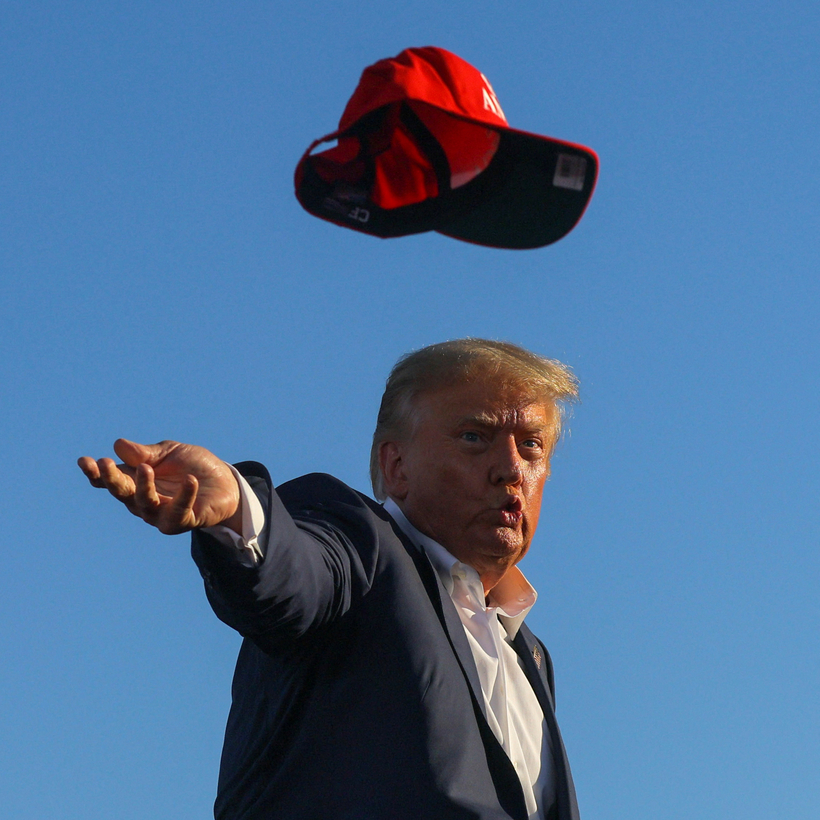There are so many books about Donald Trump and his presidency that they could fill Mar-a-Lago and then spill out onto the lawn, but if you are going to read just one of them (and you should), please pick up The Divider, a best-seller last year that comes out in paperback later this month. Peter Baker, the chief White House correspondent for The New York Times, and Susan Glasser, who writes for The New Yorker, are the authors, and the fact that this is their third book together and they also remain married to each other is a testament to a power that surely must be stronger than love. How many couples do you know who need to talk about Trump 24-7, other than perhaps Donald and Melania? Read this book and, trust us, you will be well prepared for what is at stake in 2024.
JIM KELLY: In the new afterword to your excellent book, you point out that Donald Trump’s rationale for seeking a second term is revenge, and in that quest he has even declared his willingness to cancel the Constitution. These would be clear signals to any sane person to steer clear of him, yet he remains the front-runner for the G.O.P. nomination by a wide margin. I wonder if there is a dynamic going on here, where Trump says something outrageous, only the press takes it seriously and lambastes him, which makes him attract even more supporters. Obviously, the Constitution is not going to get canceled.

